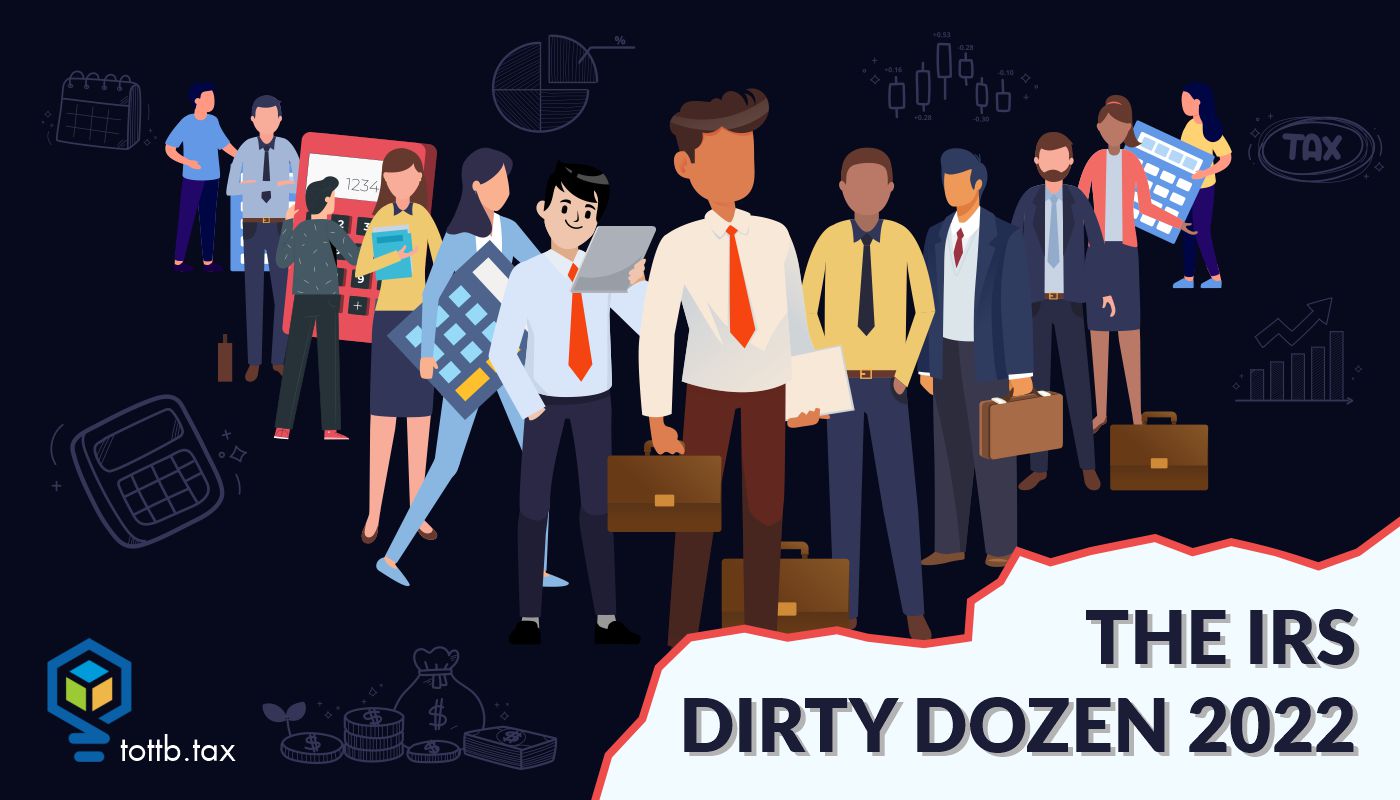CURRENT EDITION

Contracts, Signing Bonuses, and the Substantial Presence Test
In tighter job markets, recruits are often offered signing bonuses (and sometimes moving expenses ) to join a firm. Sometimes construction workers temporarily relocate to jobs in other states while they are employed by the company that hired them in their home state. This article reviews some of the foundational tax concepts to consider when evaluating sourcing of income for state tax purposes.
READ MOREEthical Concerns in Using Tax Planning Software
Question: What are my ethical responsibilities when I use software to produce a tax plan? Answer: In the world of taxes, there are many ethical issues that can come into play. One area that involves judgment and expertise is when it comes to interpreting tax codes for various purposes such as taking deductions or understanding how ambiguous language might apply in certain situations – all while trying not to make any mistakes. To learn more about your ethical obligations, continue reading.
Read MoreReal Estate Developments Investments with Mineral Easements Option Course
This session will cover the basics of tax-efficient real estate strategies, specifically real estate development investments with a conservation easement option. The structure of each type of offering will be outlined in detail. The history of the laws addressing conservation easements will be discussed including an in-depth explanation on the current legislative landscape. Since the nature of each deal is driven by an underlying commodity, details outlining valuation and current market trends will be covered including the appraisal processes. Partnership voting will also be explained.
Read MoreWarning! Avoid the Latest “Dirty Dozen” Scams Identified By the IRS
Since at least 2001, the IRS has issued annual news releases warning taxpayers of scams they should be aware of and stay clear of. The release in 2001 included just eight scams but starting in 2002, the IRS expanded the list and dubbed these scams with the catchy moniker: the “Dirty Dozen.” In describing these lists, the IRS often warns taxpayers to “remain vigilant” against the scams, to not “fall prey” to them, and to “be on the lookout for” these dangerous activities. While the warnings seem to be directed to individual taxpayers, the lists sometimes include warnings of scams directed at return preparers and employers. Tax practitioners certainly need to be aware of these scams to exercise appropriate due diligence to know if any client is involved in a scam such as an abusive tax shelter, and to help educate clients about the numerous and growing number of scams many of which are designed to steal their personal and financial data and resources. This article covers the 2022 “Dirty Dozen” list. It also includes suggestions on how practitioners might use this information in tax compliance and planning and to help clients protect their identities and assets and avoid tax problems. Additional resources for dealing with the items on the list are provided. A chart listing the “Dirty Dozen” items from the start in 2001 through 2022 is included to show trends and the reality that some scams such as identity theft, phishing, return preparer fraud and frivolous tax arguments have made the list almost every year. Click here to continue reading.
Read MoreWhy Many Tax Pros Want a Stronger IRS
Early last month Adam Markowitz faced a storm of criticism over a tweet that suggested that people upset about increased IRS funding should maybe just be compliant. It got rather ugly. #TaxTwitter came to his defense despite some of us disagreeing with details of his tweet. All of my GOP friends who are worried about 87,000 IRS enforcement agents coming after the little guy... How about just don't cheat on tax returns? A fully truthful and accurate tax return is bulletproof in an audit. I never understood the fear of an IRS audit. Don't lie. Period. For somebody whose return has more than a few moving parts there is a lot of effort in putting together information for an audit. And there will usually be some things that can be viewed differently. Further you can sometimes catch the agent from hell. AFH is sure that your client is a crook and it will be hard to convince them they should go fight crime someplace else. With all that said many tax pros would still like an IRS that audits more, although they might want them to fix some other things first. To learn more about what is expected in the coming months, learn more here.
Read MoreThe Inflation Reduction Act Overview: A Brief Guide for the Non-Tax Professional
Question: How can I explain the recently passed Inflation Reduction Act to my tax planning clients? Answer: The simplest solution I've found so far is to break the Act into three components: tax credits for electric vehicles, tax credits for home improvements, and how the IRS will use the new funds allocated to them. From there, it's a simple matter of identifying some of the core concepts behind each category. To save you some trouble, I've created new client alerts to illustrate how one might do that! Keep reading to learn more!
Read MoreWhat Is This Worth, Exactly? Determining Fair Market Value of Non-fungible Tokens for Charitable Schedule A Deductions
Value is in the eye of the beholder; or was that beauty? This is especially true for those infamous monkey portraits on the internet. Non-fungible tokens (NFTs) have exploded in popularity and can carry with them substantial tax consequences. Due to the volatile nature of the digital asset market and coupled with the lack of similar assets, it can be exceptionally difficult to determine the fair market value (FMV) of NFTs. Gift giving and donations can become much more complicated when NFTs are involved. New Fangled Technology For the noobs, an NFT is a type of cryptographic token that exists on a blockchain. As the name suggests, the tokens are not fungible, meaning each asset is unique and can't be interchanged for one another, the way that dollars or bitcoins can. Every NFT represents a unique asset with a unique value, however, determining what that value is can be quite difficult; The market for buying and selling NFTs can be extremely volatile. Some NFTs may quickly lose value or have no value at all. When a taxpayer donates an NFT to a qualified charitable organization as a way to reduce tax, the FMV is a required piece of information. To find out how to do this properly, keep reading.
Read MoreThe Inflation Reduction Act Tax Credits Course
The Inflation Reduction Act of 2022 expanded existing energy credits and created brand new ones. There are now several new ways tax professionals can help taxpayers save thousands of dollars a year by planning for these tax credits. In this webinar, we will cover the credits likely to be used by individuals and small businesses. We will also discuss tax planning considerations and areas in need of additional guidance.
Read MoreCharitable Deduction Rules – No Excuses – Acknowledgements
There is a story I heard even before I started doing tax work when I was a hotel night auditor. It was about a guy named Joe who ran a luncheonette where he also sold newspapers and candy bars and the like. Joe’s Place was across the street from Our Lady of Perpetual Responsibility, a Catholic parish. Joe would see Father Mulcahey carrying a heavy bag every Monday morning. The good father was heading to the bank with the Sunday collection. One day Joe invited him in for a cup of coffee and proposed a win/win. Joe was always running out of change on Sundays. So how about if Father Mulcahey has the ushers count the coins and bring them over, Joe would write a check for the coins, and the father will just have Joe’s check to bring to the bank on Monday? Then, Joe would deduct the check written to the church as a charitable deduction. It was a great plan and it worked well for several years until the IRS audited Joe and a skeptical IRS agent called on Father Mulcahey about Joe apparently being Our Lady’s biggest donor. After all, he had the canceled checks. So if a canceled check to church on Sunday won’t work to document your charitable deduction, what will? Keep reading to find out!
Read MoreNOT A MEMBER YET?

SUBSCRIBE TO GET ALL OF OUR
GREAT ARTICLES AND RESOURCES!
CURRENT EDITION

Contracts, Signing Bonuses, and the Substantial Presence Test
In tighter job markets, recruits are often offered signing bonuses (and sometimes moving expenses ) to join a firm. Sometimes construction workers temporarily relocate to jobs in other states while they are employed by the company that hired them in their home state. This article reviews some of the foundational tax concepts to consider when evaluating sourcing of income for state tax purposes.

Help Clients Rebuild Tax Records After Disaster
Tax pros help clients with a lot of catastrophes: wrangles with tax authorities, paltry nest eggs, more wrangles with tax authorities. More frequently, your clients might face a more tangible and cinematic disaster. These days, there’s always a storm comin’. Swept away in that destruction, for many people, are physical tax and financial records. A few precautions could have prevented such loss and made life at least a bit easier for victims. Here’s how to help clients head off trouble – and recover after it hits.

George M. Cohan’s Tax Triumph: The Rise and Erosion of the Cohan Rule
The Cohan rule is named for George M. Cohan. George Michael Cohan (1878 – 1942) was a theatrical producer. In the decade before World War I, he was called the “man who owned Broadway” and is considered the father of American musical comedy. In 1940 he was awarded the Congressional Gold Medal for his contribution to morale during World War I with his songs “You’re a Grand Old Flag” and “Over There,” the first time the medal was awarded to someone in an artistic field. But his most enduring legacy may be the tax rule that shared its name.









